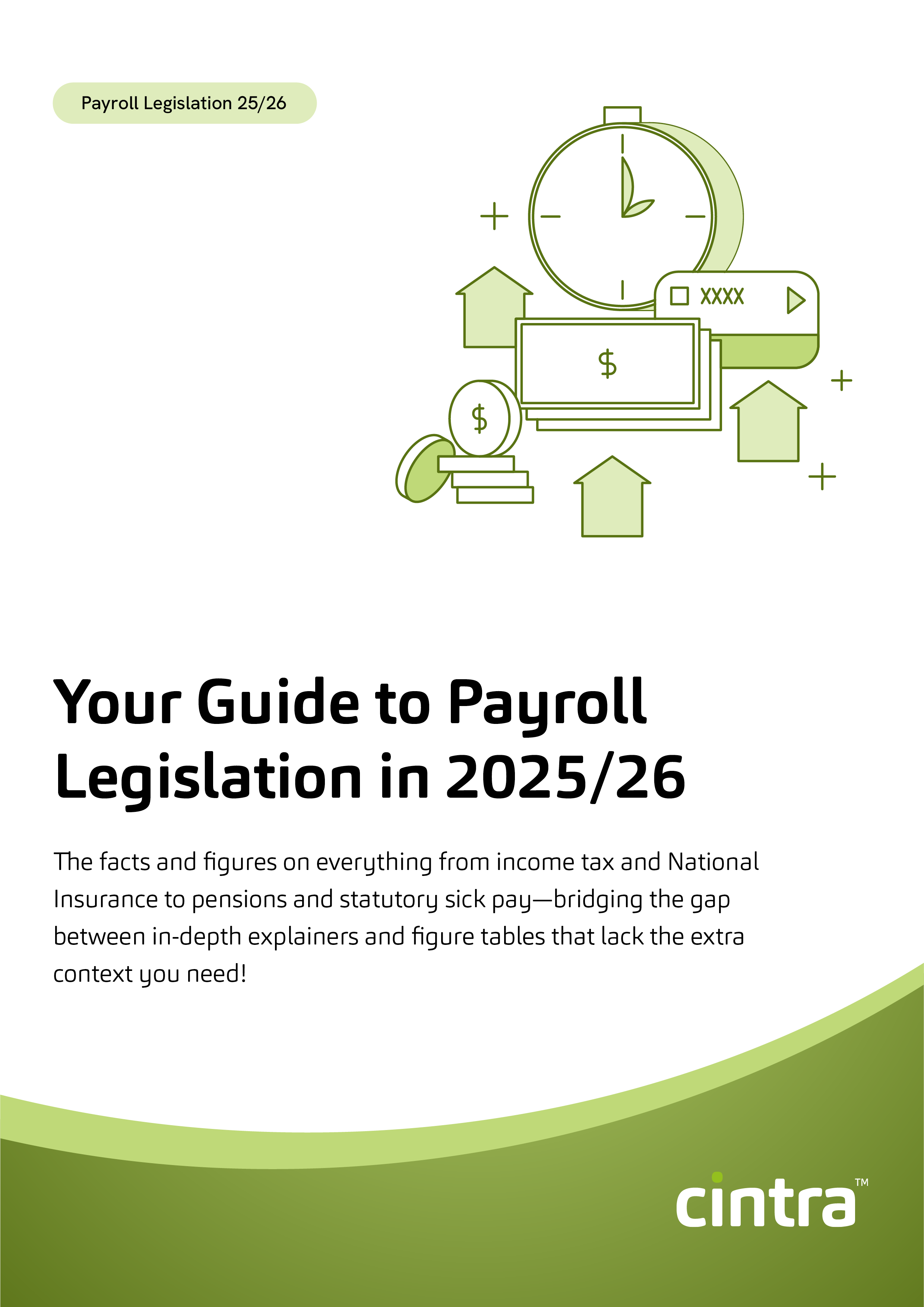Conducting a global payroll compliance audit can be a time-consuming process but it’s one that’s well worth it when it comes to payroll! Especially when you’re working with multiple teams in multiple locations. Regular compliance audits will help you to make sure that your payroll processing is correct and that you’re complying with all of your obligations – legal, financial and to your people.
Why bother conducting a global payroll compliance audit?
Legal compliance
Global payroll can be a daunting prospect, rife with risks, thanks to the legal requirements alone. There’ll be myriad legal frameworks to comply with and they can vary from region to region and country to country. Making sure you’re complying in every place you operate is absolutely crucial and a global payroll compliance audit can help you do just that.
Flagging up errors and inconsistencies
Conducting a complete international payroll audit can throw up all manner of inconsistencies and errors. That sounds terrifying, we know, but it’s also an opportunity to see where you can do better.
Streamlining your payroll processes
Does your organisation’s payroll efficiency leave a lot to be desired? We get it. But a thorough and well-executed audit can help you to streamline your payroll processes and turn your organisation’s conked-out payroll into a slick, optimally operating machine.
Accurate taxation and benefits for your people
An audit will allow you insights into how you’re taxing your people and if your benefits administration is on point. And you’ll soon find out if it isn’t.
Protecting your organisation’s reputation
If your organisation gets things wrong on the global stage, there are going to be consequences. Making sure you’re doing payroll properly will buffer you from potentially devastating reputational damage. Doing things by the book will go a long way to making sure your employees, contractors, suppliers, stakeholders and customers trust you!
The challenges of global payroll compliance audits
Operating globally introduces a wealth of payroll complexities for you to deal with. Let’s take a look at a few:
Differences in payroll legislation across countries
We’re going to be blunt. International payroll can be an absolute pain to navigate. Why? Because wherever you go there’ll be an inordinate amount of different legislation. And it can all be pretty discombobulating. Half the battle is keeping up with all the different types of legislation, especially when the landscape is frequently changing.
Currency conversion and exchange rate fluctuations
Paying your people, a vital part of business, can become tricky when you’re a global player. You’ll be involved in international money transfers as a normal part of the business and will be at the mercy of ever changing rates. Making sure you convert currencies in a timely manner and that you accurately calculate your people’s pay is vital to make sure your employees are paid correctly and on time.
Varied employment laws and regulations
Each country, right down to each local jurisdiction, will have their own employment laws, tax and social security regs. It can get pretty disorientating trying to understand your obligations in each area, let alone meet them.
Cultural nuances
Every culture is unique and local and national rules and laws may differ greatly due to different cultural traditions and values, which you’ll inevitably experience as you navigate your global payroll. One jurisdiction may observe cultural holidays, while another may value more (or less) parental leave.
Data privacy and security concerns
Operating and auditing globally brings with it huge responsibilities in terms of data privacy and security. When auditing, it’s vital to limit the dissemination of confidential information as much as possible. Keeping to the scope of the audit will ensure you don’t release any more information than is strictly necessary.
How to conduct a global payroll compliance audit
Define the scope and your objectives
Thoroughly planning your audit will pay off hugely. Setting out your objectives from the get-go will guide your process. It all starts with defining the scope:
- What do you wish to find out?
- Which area(s) or function(s) do you need to audit and how deeply?
- Which jurisdictions will you focus on?
- What volume of documents will you need?
- What’s your timeframe?
Enlist help
If you’re not able to carry out your audit internally, engaging an external team with global expertise can be an excellent way to get the job done. A firm that has specialist experience in reviewing your payroll procedures, documents and records can be a smart move.
Gather the right data
First things first, you’re going to need to gather all of the relevant data you’ll need for the global payroll compliance audit. Your plan will help here, because you’ll have already laid out your objectives and you’ll know what data and documents you’ll need. As a starting point, we recommend gathering data on:
- Active employees who currently work for you
- The list of employees on payroll and the list on your records
- Pay
- Periods worked
- People who are no longer actively employed by you (who you’ll need to remove from the system).
Scrutinise the data
Once all the data is in hand, you’ll need to compare it against your records to make sure there are no discrepancies:
- Does your people’s pay match the hours they worked?
- Are your pay rates all up to date?
- Is anyone on leave for any reason and are they being paid appropriately?
- Is everything hunkydory on your team members’ records?
- Has their pay changed at any point (and has that been updated?)
- Does time tracking and attendance match your records?
- Check out any variable payments (like bonuses, commissions, overtime) and if they were paid correctly for the correct time period
Compare your payroll data with each country’s legal requirements
Now it’s time to compare. Is your compliance with legal requirements in each country and jurisdiction you operate in up to scratch? You need to make sure you’re meeting your obligations, whether that’s deducting the correct amounts of tax and social security, or something else. Tax is an obvious one, so be diligent in making sure your tax submissions to the appropriate collection agencies are correct, and if the values on your reports align with your payroll records. Any deductions you make should match with what’s on file and be in line with the specific country’s legal requirements.
Rectify discrepancies
If anything untoward is flagged up, don’t worry. See it as an opportunity to address the discrepancy and improve things, with the goal of making your payroll processes more efficient.
Reporting and recommendations
After your global payroll compliance audit is complete, it’s necessary to create a detailed report on your findings, then forward this on to the necessary parties who need to see it. Your audit report will give you valuable insights into your payroll operations. It’ll also draw your eye to any errors or problems, so you can rectify those where necessary. Finally, a thorough audit will give you the chance to identify where you can supercharge your compliance game, showing you which areas need attention and the recommended steps to rectify this.
Global payroll compliance audit best practices
It’s not all doom and audit gloom! There are ways and means you can up your game to make sure you sail through your global audits. It starts with your team.
Regular training for your payroll team
Global compliance *could be* the stuff of a payroll team’s nightmares. How can you stay abreast of constantly-changing international regulations? Training, that’s how! A team well-versed in international requirements is a confident, powerful team. When everyone is on the same compliance page, payroll magic happens.
Build relationships with local payroll teams
You can’t beat (thoroughly-vetted) local expertise when it comes to global payroll. Local payroll teams or vendors have their ears close to the ground when it comes to all things payroll. They know the rules and regulations inside out, they speak the language and they understand the culture. They’ll navigate the nuances for you, helping you to keep compliant at every step of the way.
Standardise your processes
Making sure all of your processes are uniform will pay dividends for your payroll. From setting up new starters to checking deductions – if you have processes that are standardised, you’ll be well on your way to having an accurate, consistent and compliant payroll, wherever you are.
Stay updated with the ever-evolving international payroll regulations
Us payroll folk have to be eagle-eyed (and eared!) when it comes to ever-changing international payroll regulations. Things change in the blink of an eye in the global sphere, and it can be quite disorientating trying to keep on top of multiple changes in multiple countries. It can be downright exhausting in fact! A bit of local expertise can come in handy here, too. Outsourcing your payroll to a firm with local insights will give you a fighting chance of a quick response to any legislative changes.
Take global payroll compliance off your plate
We know this all sounds like a lot. But don’t fret. If you think handing over your payroll audit to someone else is too good to be true, we’re here to tell you it’s not!
Here at Cintra Global, international payroll is just what we do.
We’ll manage all of your compliance for you, keeping you on the ball in every country and jurisdiction you operate in. We’ll pay your people correctly, on time, wherever they are. And you needn’t worry about a thing.
At Cintra Global we have a solution to fit every organisation. We’re proud of what we do and how we can support you. Get in touch today and we’ll show you how.


